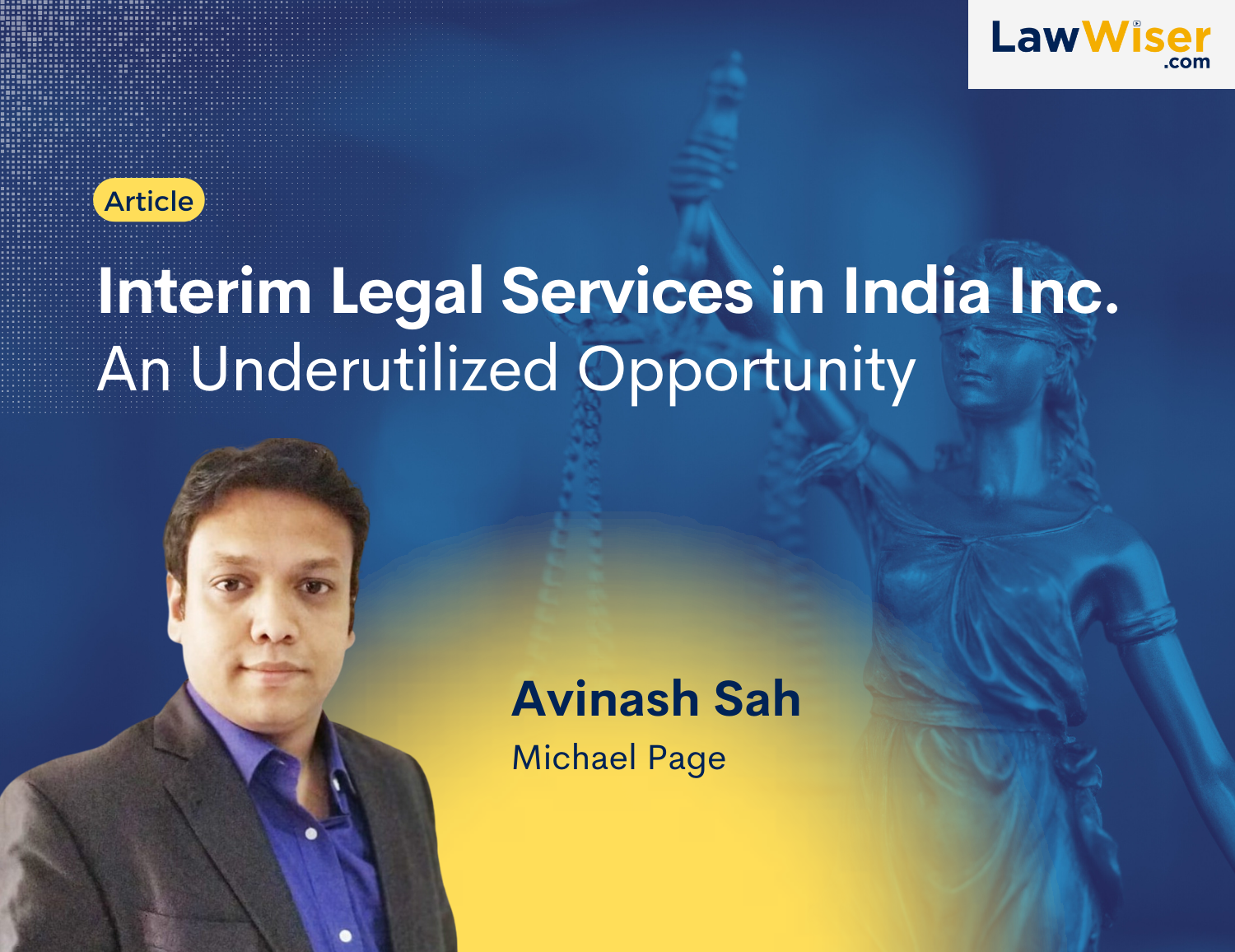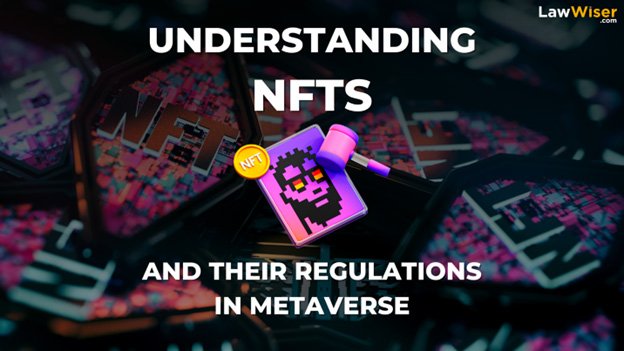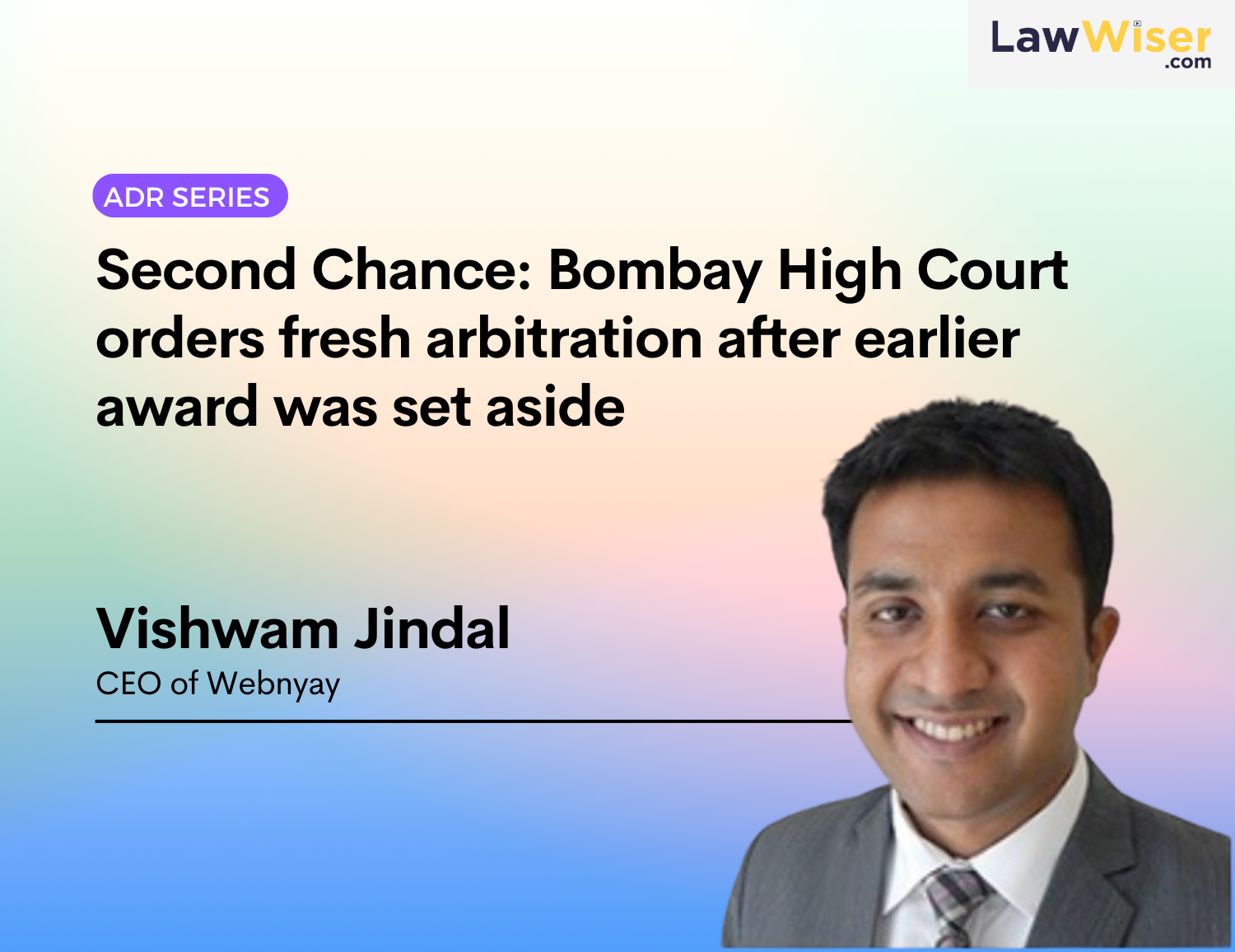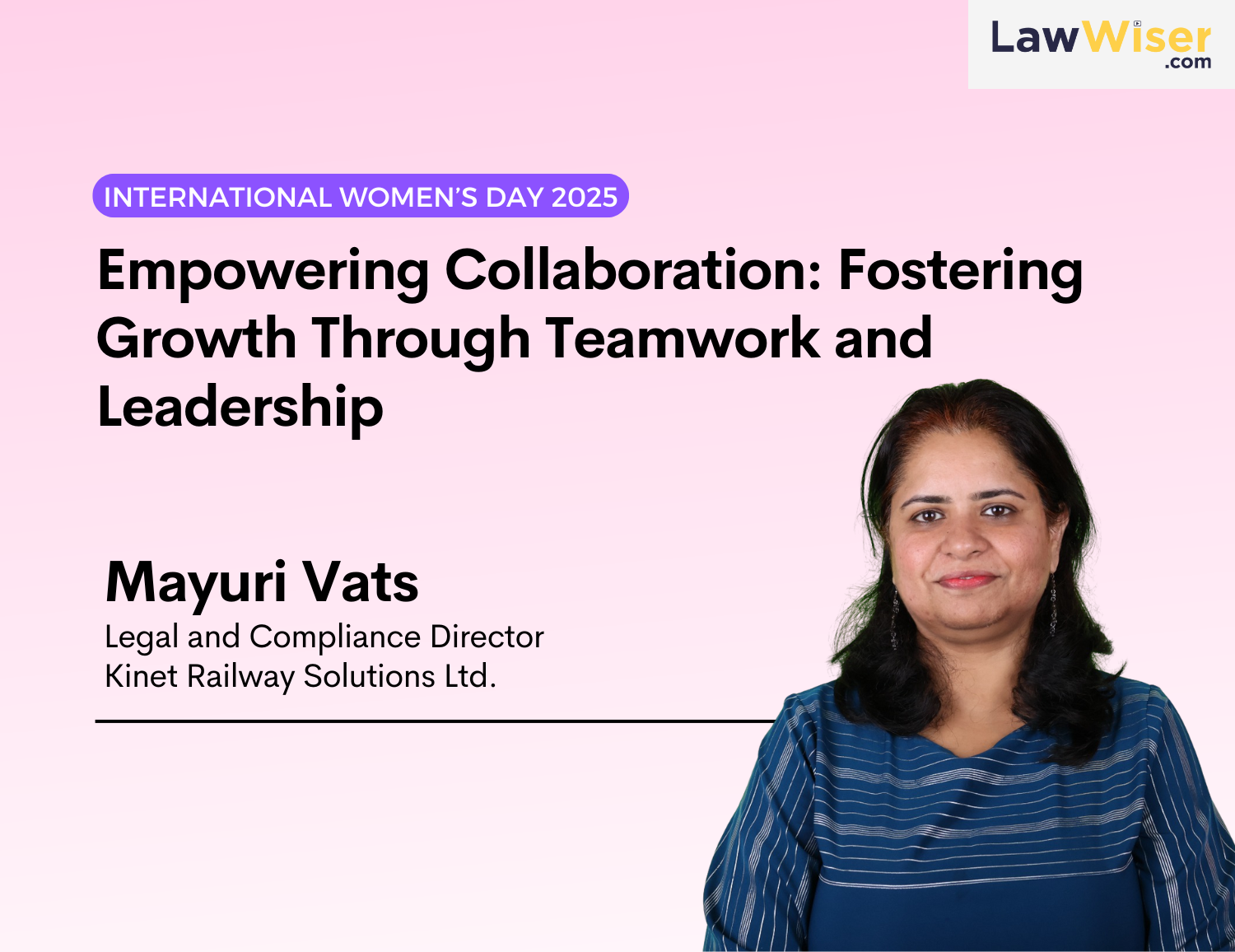Legal secondment has always existed as a resource-deployed-onsite practice in India Inc., long before it became a buzzword during the pandemic. The demand for resources for legal secondment shot through the roof in 2020, creating a significant need for temporary or tenure-based arrangements, where a legal professional takes up an opportunity or project on a contractual basis for a specific period.
The trend continues.
MOMENTUM AND INSIGHTS AROUND INTERIM LEGAL SERVICES IN INDIA
Today, corporates are onboarding experienced legal professionals as consultants, directly or mostly through a third party already empanelled with the client. Having enabled over 100 secondment projects in the Indian legal market, I can safely say that ‘Interim Legal / Secondment’ is a viable career option for qualified legal professionals (with some experience under their belt) who are between jobs.
All the same, while engaging with legal secondees is a regular practice in the international market — think LOD: Lawyers on Demand, Peerpoint, Axiom, and more — such engagement models still seem to be an underutilized opportunity in the Indian legal industry.
Not only underutilized but also hindered by two ongoing developments counterintuitive to the very purpose of interim engagements — the steady increase in recruitment costs and the excessively long interview process of 3 to 5 months to close a position.
RESOURCE-GAPS INVITING INTERIM SECONDMENTS
Organsations are witnessing a ‘resource gap’ for several reasons:
- Time to hire (3 – 5 months),
- Major inflation of work/new projects (2 – 4 months),
- Personal sabbatical / Paternity Leave (3 – 6 months)
- Maternity Leave (6 – 9 months),
- Higher studies / LLM (12 – 14 months),
Practice area wise there is a constant demand for experienced professionals for contract management, general corporate advisory, commercial contracts, and M&A, and not to exclude the recent in-demand for emergent practices such as Data Privacy (GDPR) and ESG.
ADDRESSING THE HESITATIONS OF MID-SENIOR PROFESSIONALS TOWARDS INTERIM PROJECTS
You are confident, qualified, experienced, and have displayed ownership and leadership qualities in your previous roles, and yet, you might have hesitations towards a tenure-based projects. I have tried to cluster some vital aspects to consider when exploring a secondment opportunity to mitigate your hesitations
- Never done this before: If you haven’t succeeded somewhere, it doesn’t mean you won’t succeed elsewhere. You never know – this secondment might be the best place you’ve ever worked. Imagine it as being a specialist going on a mission. The rest would be an adventure with you leading it.
- Having limited or no knowledge of the client’s ecosystem: Unless you are an ex-employee of a company, there are slim chances for you to know about the culture of the team or office. Anyone who has ever moved to a new company had to take a leap of faith. So, don’t shy away from an opportunity that could get your foot back in the door, get you paid, and enrich your experience by working for a new organisation
- Security of payment and timeline: If a reputed consulting firm or recruitment company represents you, your payment should be secured. It would be an exception if it’s not, but generally, a third party will always confirm the commercials with their client since they (your consultancy) have to pay you first. If it’s a direct engagement, then the onus is on you.
- Chances of getting absorbed by the client – if not, what’s next: An interim secondment model gives you a chance to assess various projects and opportunities. This brings three advantages: First, you get to know the people and the culture of the organizations while maintaining the status quo of a ‘Consultant’ (some feel they can manage their taxes better). Second, the client gets to witness the quality of your work firsthand, and you would have a better idea of the growth path it offers. And thirdly, you decide if this place is where you want to see yourself for the next few years.
- Missing out on future opportunities: A secondment contract does not prevent you from exploring better opportunities. Ensure to have a clear termination clause in the agreement and be clear on the exit protocols.
An interim arrangement, if well-structured, where a client gets a timely resource, and at the same time, a professional is getting to make the most of the opportunity, offering a glide path towards growth – the secondment becomes a win-win for everyone.
Under its Interim Services model, Michael Page offers a tailor-made approach enabling clients to access qualified legal professionals for short and long-term engagements. The model also offers flexibility around costs and takes necessary compliances into account.
As a client, if you are facing resource gaps, or as a professional, if you are keen to explore our Interim Services, please feel free to write to me at: avinashsah@michaelpage.co.in
This article is authored by Avinash Sah, Associate Director, Michael Page. The article may not necessarily deal with every aspect of the topic. It is not created to provide legal or other advice. The views expressed are of the expert(s) in the article and do not necessarily reflect LawWiser’s or their employees’ opinion.



 May 16, 2024
May 16, 2024








 June 6, 2025
June 6, 2025 0 COMMENTS
0 COMMENTS



